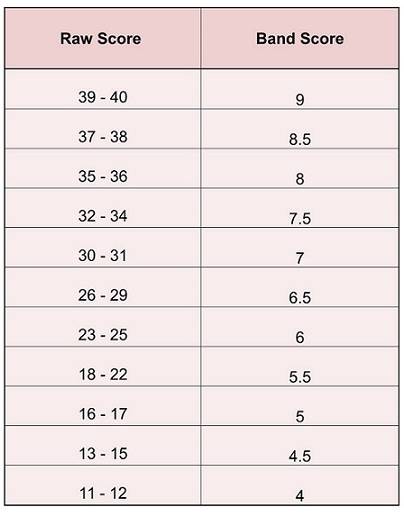Ielts Listening Points, The IELTS Listening test is a critical component of the International English Language Testing System (IELTS), designed to evaluate your ability to understand spoken English in a variety of contexts. Whether you’re taking the IELTS for academic or general purposes, improving your IELTS listening points can significantly boost your overall band score. In this article, we’ll explore what the test involves and share practical strategies to help you achieve the best possible results.
Understanding the IELTS Listening Test
The IELTS Listening test consists of four sections, each increasing in difficulty. You’ll listen to a series of recordings that include conversations and monologues. The test lasts approximately 30 minutes, with an additional 10 minutes to transfer your answers to the answer sheet. The maximum score you can achieve is 40, which is then converted into a band score.
What Are IELTS Listening Points?
IELTS listening points refer to the raw score you obtain out of 40. These points determine your band score based on a conversion table. For example:
- 39–40 points = Band 9
- 37–38 points = Band 8.5
- 35–36 points = Band 8
Understanding this scale helps you set realistic goals and measure your progress.
Strategies to Improve Your IELTS Listening Points
1. Familiarize Yourself with the Test Format
Knowing the structure of the test reduces anxiety and allows you to focus on answering the questions correctly. Practice using official IELTS materials or trusted online platforms.
2. Enhance Your Listening Skills
Listen to a variety of English audio sources daily, such as podcasts, news broadcasts, and documentaries. This exposure helps you understand different accents, intonations, and speaking speeds.
3. Practice Active Listening
Instead of passively listening, take notes and summarize what you hear. This technique trains your brain to catch key information quickly.
4. Improve Vocabulary and Spelling
Misunderstanding a word or spelling it incorrectly can cost you points. Build your vocabulary in common IELTS topics (e.g., education, health, environment) and practice spelling frequently used words.
5. Use Practice Tests Effectively
Take timed practice tests and review your mistakes. Understand why you got an answer wrong and avoid making the same error in future attempts.
6. Master Note-Taking Techniques
Develop a system for taking quick, effective notes during the recording. Abbreviations, symbols, and bullet points can help capture essential information without slowing you down.
7. Predict the Answers
Before each recording begins, quickly read the questions and try to predict the type of information you’ll hear (e.g., a number, a name, a place). This primes your mind to listen actively.
8. Stay Focused and Avoid Distractions
One missed sentence can cost you a few points. Train yourself to maintain concentration throughout the 30-minute listening test.
Final Thoughts
Achieving a high number of IELTS listening points requires more than just listening—it demands strategy, practice, and consistency. By implementing the tips above and staying committed to your preparation, you’ll significantly enhance your listening skills and improve your overall IELTS performance. Remember, every point counts, and even small improvements can make a big difference in your band score.
You Might Also Like These:

